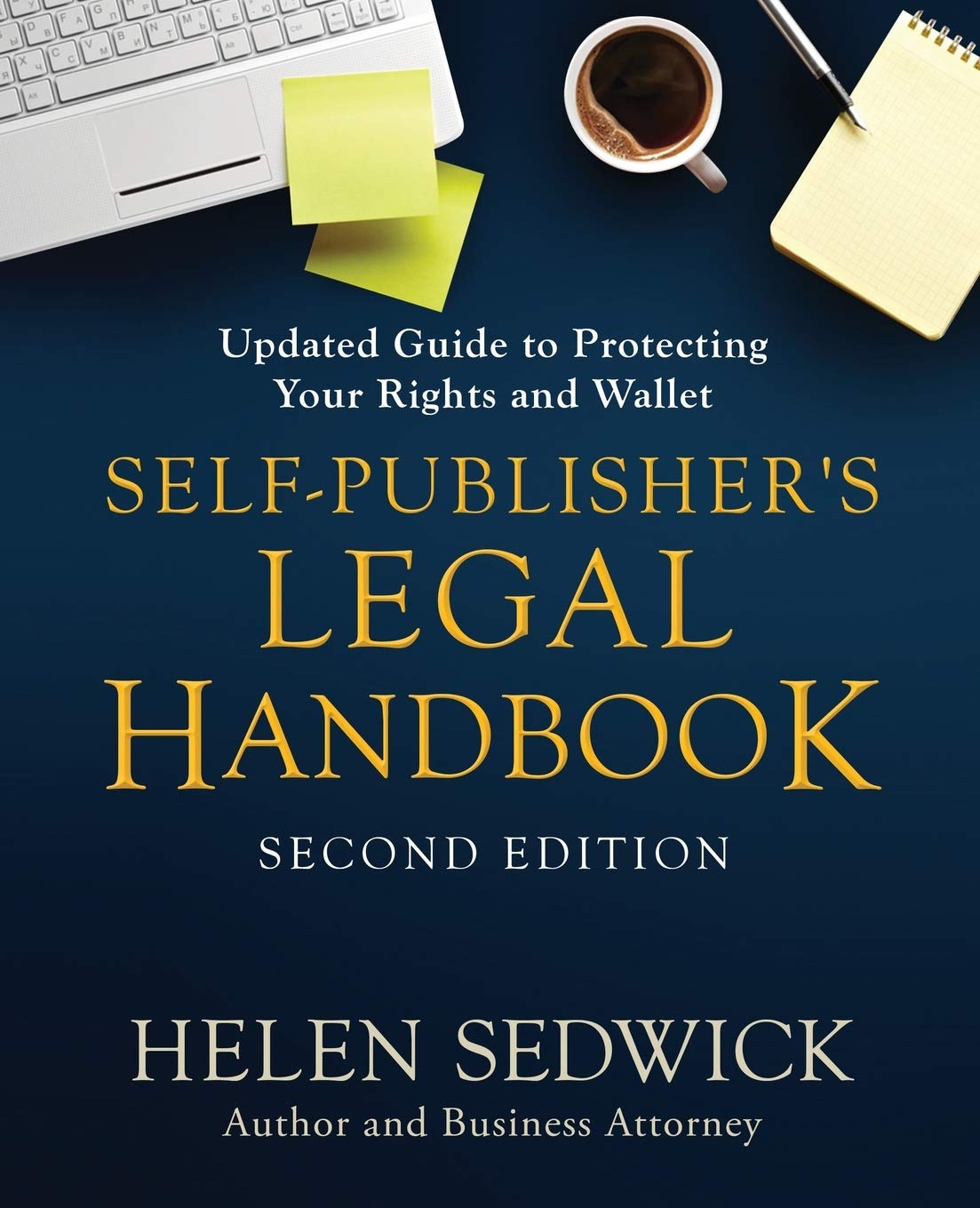A Friendly Guide for Authors
You’ve poured your heart into your words, and now the
royalties are starting to arrive. That’s exciting! But along with the thrill of
seeing your book earn money comes the question every author eventually faces: how
do taxes work on royalties?
Don’t worry — let’s walk through it together in plain
language.
Wages vs. Royalties
Think
of your income in two buckets:
•
Wages from a job: If you teach, work
part‑time, or have a day job, your employer already takes care of Social
Security and Medicare taxes for you.
•
Royalties and freelance income: This is
money from your creative work. Here, you’re the “employer,” so you’re
responsible for paying both income tax and self‑employment tax on
what you earn after expenses.
Translation:
You don’t pay self‑employment tax on wages, but you do on royalties if they’re
part of your writing business.
Active vs. Passive Royalties
Not
all royalties are treated the same. Here’s the simple split:
•
Active royalties: From your own writing,
publishing, or ongoing creative work. These are taxed like business income —
both income tax and self‑employment tax apply.
•
Passive royalties: From something you
inherited or don’t actively manage. These are taxed only as income, no
self‑employment tax.
Most
working authors fall into the “active” category.
The $400 Rule
Here’s the
magic number:
•
If your net royalties (after expenses) are less
than $400 in a year, you don’t owe self‑employment tax.
•
Once you cross that threshold, even by a little,
self‑employment tax kicks in.
Example:
•
Royalties: $2,000
•
Expenses: $200
•
Net: $1,800
•
Taxes: Income tax on $1,800, plus
self‑employment tax (about 15.3%).
What If Income Is a Surprise?
Sometimes
royalties trickle in slowly, then suddenly spike. If you didn’t expect it, you
can make the tax payment in the last quarter of the year (due January
15). As long as you pay enough to cover your share, the IRS won’t penalize you
for not paying earlier.
Publisher’s Role
Here’s
what you can expect from us:
•
If you earn $10 or more in royalties in a
year, we’re (your publisher) required to send you a Form 1099‑MISC.
•
You’ll receive it by January 31 of the
following year.
•
We also file it with the IRS, so your royalties
are officially reported.
Your Quick Checklist
1.
Track your royalty income separately from wages.
2.
Deduct legitimate business expenses (editing,
supplies, marketing).
3.
Calculate both income tax and self‑employment
tax on net royalties.
4.
Make quarterly payments if income is steady; use
the last quarter if it’s a surprise.
5.
Keep records of royalty statements and expenses.
6.
Expect a 1099‑MISC if you earn $10 or more in
royalties.
Author FAQs
“Do I really
need to pay tax on $50 in royalties?”
Yes, all royalties are taxable income. But if your net self‑employment income
is under $400 for the year, you won’t owe self‑employment tax — just income
tax.
“What if I only
get one royalty check a year?”
That’s fine. You still report it as income. If it’s large enough, you may need
to make an estimated tax payment in the quarter you receive it.
“Can I use my
employer’s withholding to cover royalty taxes?”
You can adjust your W‑4 to cover the income tax portion, but
self‑employment tax must be paid separately.
“What happens if
I forget to pay quarterly?”
If the income was unexpected, you can catch up in the last quarter (by January
15). As long as you pay enough to meet IRS safe harbor rules, you can avoid
penalties.
“Do expenses
really matter?”
Absolutely. Every dollar you spend on editing, marketing, or supplies reduces
your taxable net royalties — and therefore lowers both income tax and
self‑employment tax.
Final Word
Royalties are proof that your words are reaching
readers — and that’s worth celebrating. Taxes may feel intimidating, but with a
little planning, they’re manageable. Think of it as part of the business side
of being an author. Stay organized, keep good records, and remember: every
royalty check is a sign your work is making an impact.
Reference List
•
IRS Self-Employment Tax Overview
https://www.irs.gov/businesses/small-businesses-self-employed/self-employment-tax
•
Form 1099-MISC Instructions (Royalties
Reporting)
https://www.irs.gov/forms-pubs/about-form-1099-misc
•
Estimated Tax Payments (Form 1040-ES)
https://www.irs.gov/forms-pubs/about-form-1040-es
•
Publication 334: Tax Guide for Small Business
(Including Self-Employed)
https://www.irs.gov/forms-pubs/about-publication-334
•
IRS Safe Harbor Rules for Estimated Tax
https://www.irs.gov/newsroom/understanding-the-safe-harbor-rule
•
Form W-9 (Request for Taxpayer Identification
Number)
https://www.irs.gov/forms-pubs/about-form-w-9
About the Author
Daryl Horton is a technical and creative writer who is
passionate about being creative. He has comprehensive training in business
information management, information systems management, and creative and
technical writing. Daryl has the knowledge and skills to help organizations
optimize their performance and maximize their potential. He spent several years
in a Knowledge Management PhD program at Walden University, nearly completing
it, but resigned from the program during his dissertation phase to pursue his
passion for creativity (http://www.abolitic.com/).
Despite his love for creativity, he often finds himself participating in groups
where his technical experiences add value.
You can find more information about Daryl Horton on his
LinkedIn page at https://www.linkedin.com/in/darylhorton/.
Generated with the assistance of
Microsoft Copilot. Reviewed and edited by a human author.





No comments:
Post a Comment